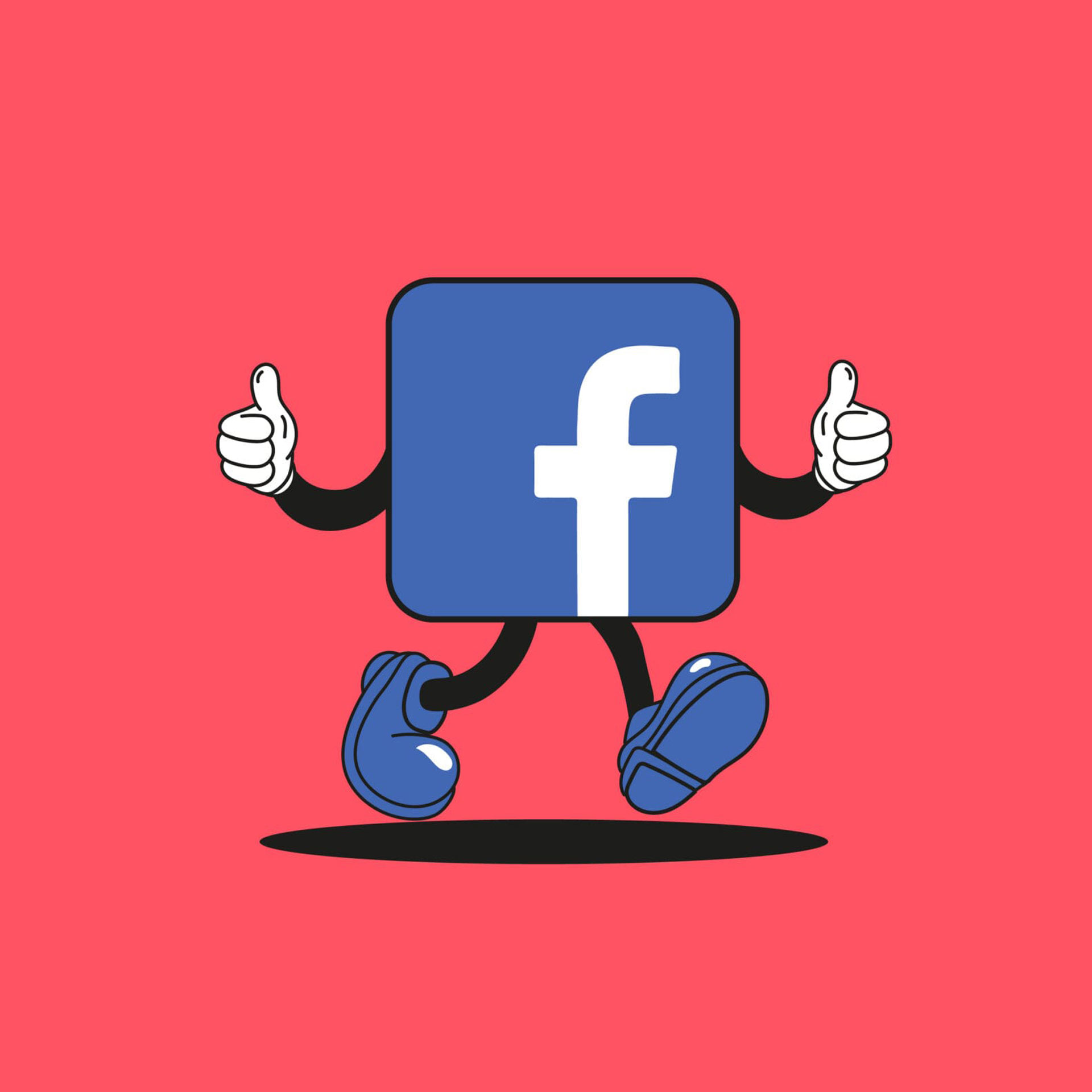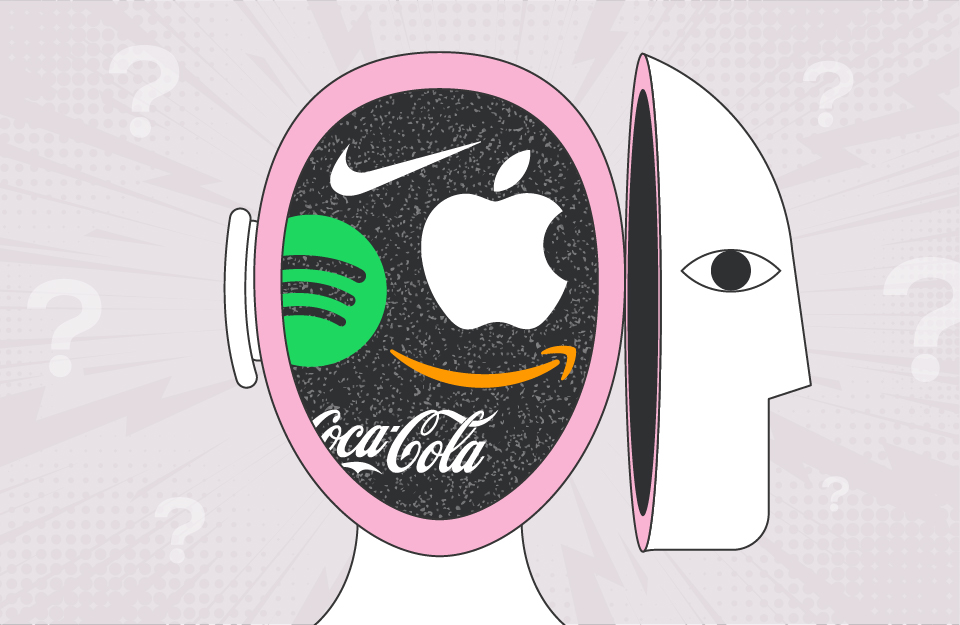Whenever we’re approached by b2b brands for strategy consultation, we always dedicate a HUGE chunk of space to social media.
With good reason – it works! (More on this later)
That said, it’s also the section of the strategy that’s met with the most resistance by exec boards.
“Social media, that’s not really for b2b though is it?”
“Our competitors aren’t using social media, why should we?”
“What do you mean brand awareness? We just want sales!”
Those are some of the common objections we hear. And they’re totally valid!
If I was a driven CEO or director, about to sink a chunk of my marketing budget into social media marketing, I’d want to know I was getting my money’s worth.
But, since we’re in the business of helping our b2b clients find, win and close more leads, it’s our job to help them overcome these objections.
Social media – and paid media in general – is one of our key lead-generation platforms. If we didn’t incorporate it into our strategies, we’d be doing our clients a disservice.
In this article, we’ll be answering the question “does social media work for b2b brands?” And, we’ll be addressing each of the common objections to using social media for b2b.
“Social media – that’s not really for b2b though is it?”
Truth be told, most b2b clients aren’t totally against social media.
When we tell them we want to use LinkedIn, they’re all for it. LinkedIn is the platform for professionals so that instantly makes sense to them.
It’s when we suggest something a little more “out there” – like Facebook, Instagram or Pinterest – that foreheads start sweating.
But, in our experience, there’s really no need to worry.
In fact, despite the common myths, we’ve actually seen Facebook and Instagram seriously outperform LinkedIn.
And, it’s really no surprise.
Facebook has some of the most intricate audience targeting algorithms out there. If not the most intricate. So, long story short, Facebook is insanely good at finding the perfect audience for your service.
In the past year, one of our most adventurous b2b clients has enjoyed over 280 high-quality leads from Facebook alone. And that’s with a modest media budget.
For them, the average converted lead is worth around £8.5k – so they only need to convert a fraction of those leads for a serious return on investment.
“Our competitors aren’t using social media, why should we?”
Let’s face it, you don’t want to be like your competitors. You want to be better.
It’s not really business-related, but there’s a great quote from 23-time gold medalist Michael Phelps that fits in nicely here:
“If you want to be the best, you have to do things that other people aren’t willing to do.”
If you want to beat your competitors, you shouldn’t focus on doing exactly what they’re doing. Instead, you should focus on going above and beyond what they’re doing.
Sometimes that means adding social media to your marketing mix. Despite the fact that no one else is doing it.
It’s also worth considering that, while your direct competitors might not be leveraging social media, there are plenty of b2b brands out there who are. And, they’re usually the ones who are at the top of the food chain.
Take Cisco. One of the biggest b2b brands out there. I did a quick check of their social pages and they’re currently running ads across both Facebook and LinkedIn.
Or IBM, another colossus of the b2b world. After a quick deep-dive, I found they’re not only running ads on LinkedIn and Twitter but also intermittently advertise on Facebook.
As an ex-employee of 2 huge, multi-national corporations, let me tell you something – companies of this size don’t sink money into platforms that don’t produce R.O.I.
Here’s the thing, if your competitors aren’t using social media, that’s an even better reason to start. It’ll give you a serious head start in the race to the top.
“What do you mean brand awareness? We just want sales!”
Okay, this one I kind of get.
Brand awareness is a tough metric to track and a tougher metric to prove R.O.I. on.
It’s also a long game. As you’re probably well aware, directors and CEOs like results – and they like them yesterday. Not 6 months from now.
But since the average user spends over 2 hours on social media a day, it’s the best place to spread the word about your business in the digital age.
While I’m not going to go into why building brand awareness is so important – that’s another post for another time – I’ll wrap up this section with two points.
First, unlike Google Ads – which tend to produce the immediate results execs are looking for -, social media ads aren’t limited to people searching for your services. This means you can reach a much larger audience of prospective new clients.
Second, for one of our clients, we noticed that our social media clicks weren’t directly converting to sales. Naturally, this led to the director having a few questions.
We knew that this stuff was working, but we needed to prove it. So, we looked outside the box.
We tracked brand name searches and mentions on both Google and social media over a 12 month period. And, after analysing the data, we noticed that every time we launched a social media campaign, there was a huge surge in 3 key metrics: Google traffic from brand name searches, direct traffic to the website and most importantly sales.
The clicks from the social media ads themselves weren’t generating immediate sales. But, the compounding effects of the brand awareness campaigns were cementing the brand name in the minds of the audience. This led to spikes in direct and organic web traffic, which subsequently resulted in sales whenever we ran a campaign.
Coincidence? We think not.
What next?
Here’s the thing, us marketing agencies win or lose business based on the results we get for our clients.
For this reason, we never recommend a strategic direction if we don’t think it’s going to work. When we recommend social media, it’s because we’re sure it’s going to provide value to a business.
For next steps, be sure to check out more of our articles on the value of social media using the links below.



